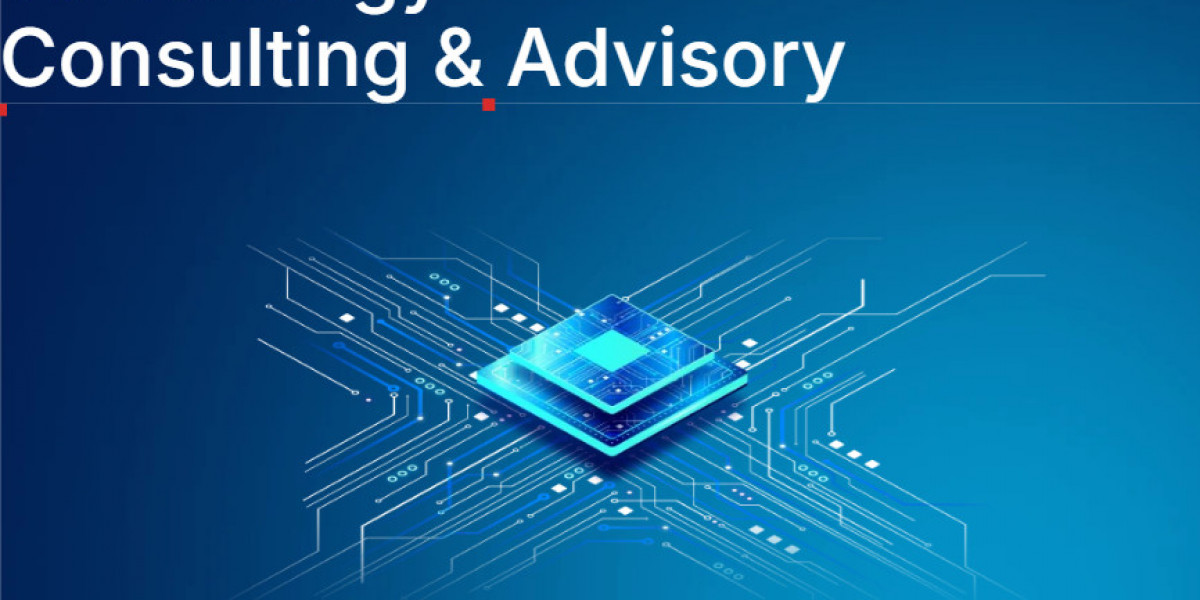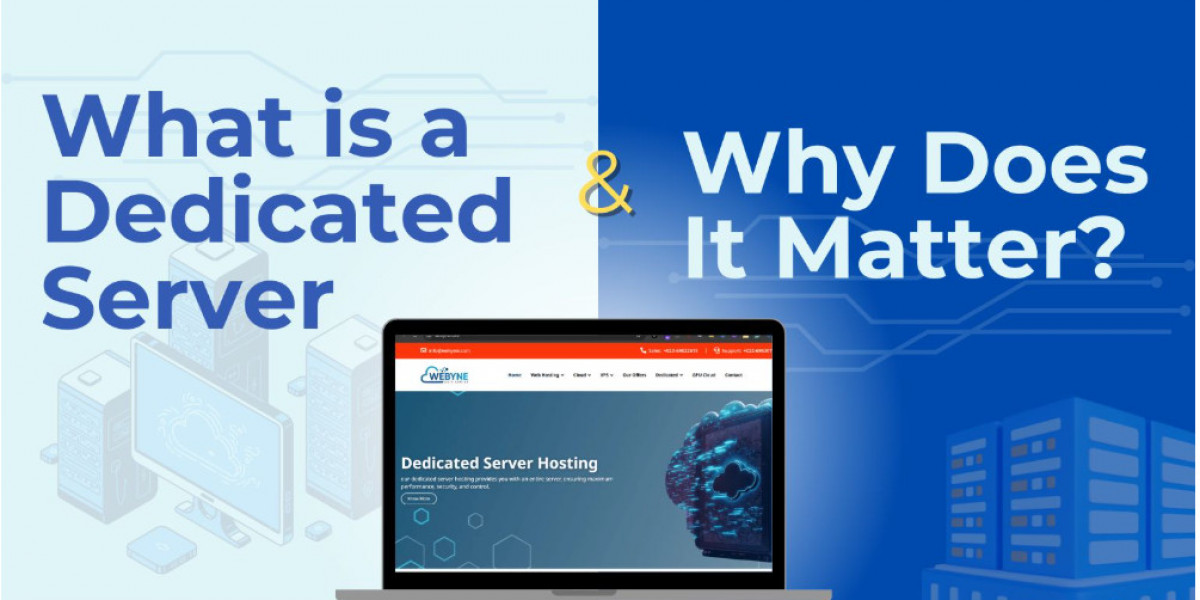Introduction
In today’s fast-paced digital economy, the role of Technology Consulting Services has shifted from being a support function to becoming a strategic partner for enterprise transformation. With companies prioritizing cloud adoption, AI integration, and cybersecurity, pricing models are evolving to align with business goals. In 2025, enterprises are no longer simply buying hours of expertise; they are investing in measurable outcomes that drive efficiency and growth.
Why Pricing Models Matter in Technology Consulting Services
Large enterprises expect transparency, predictability, and flexibility in how consulting engagements are structured. Pricing models define not only the cost but also the value delivered over the course of a partnership. Choosing the right model can make the difference between a successful digital transformation and a costly experiment.
Key expectations driving this shift include:
Outcome-oriented engagements where pricing reflects business value achieved.
Flexible contracts that adapt to changing enterprise needs.
Transparency in deliverables with clear alignment between cost and outcomes.
Scalability of services as technology requirements expand across global operations.
Common Pricing Models in 2025
Technology Consulting Services providers now offer a mix of traditional and modern pricing structures. Each has benefits depending on project scope, budget, and enterprise goals.
1. Hourly or Time-and-Materials
This remains common for short-term projects or specialized expertise. Costs scale directly with hours worked. While flexible, enterprises may find it harder to predict total expenditure.
2. Fixed-Price Projects
Fixed-cost agreements provide clarity on total project expenses. These are effective for well-defined scopes such as ERP implementation or compliance audits. The limitation lies in less adaptability if requirements change.
3. Subscription-Based Pricing
In 2025, many big tech companies prefer subscription models. These offer predictable monthly or annual fees covering consulting, support, and upgrades. Subscriptions allow businesses to scale services on demand while keeping costs predictable.
4. Value-Based Pricing
This model ties fees directly to the measurable business value delivered. For example, if a consulting engagement increases operational efficiency by 20 percent, pricing reflects that outcome. Enterprises increasingly prefer this approach for high-impact projects.
5. Hybrid Models
Enterprises with complex needs often use a mix of fixed-price, subscription, and value-based agreements. This hybrid approach ensures both flexibility and alignment with strategic goals.
Factors Influencing Pricing in 2025
Several considerations shape the cost of Technology Consulting Services for enterprises:
Complexity of digital transformation projects such as multi-cloud adoption or AI-driven analytics.
Industry regulations and compliance requirements that increase consulting scope.
Geographic presence of large organizations needing consistent global delivery.
Level of customization in solutions, especially for enterprises building unique digital ecosystems.
Demand for emerging technologies like generative AI, quantum computing readiness, and edge computing.
What Enterprises Should Expect in 2025
Big tech companies should prepare for consulting models that are more collaborative and aligned with long-term transformation. Instead of one-time engagements, the market is moving toward ongoing partnerships where consulting firms co-create solutions with enterprises.
Key expectations include:
Outcome-driven partnerships rather than transactional services.
Shared accountability between consulting firms and enterprises for measurable results.
Continuous optimization of IT ecosystems rather than static project delivery.
Flexible scaling as enterprises expand across markets and industries.
How to Choose the Right Pricing Model
Enterprises should consider these guiding principles when selecting a model:
Assess internal IT maturity and alignment with long-term business strategy.
Evaluate risk tolerance and flexibility needed for evolving projects.
Seek transparency in service delivery and value measurement.
Compare providers not only on price but also on proven ability to deliver outcomes.
Conclusion
Pricing models for Technology Consulting Services in 2025 reflect a market where enterprises demand accountability, flexibility, and measurable outcomes. Whether through subscriptions, value-based pricing, or hybrid approaches, the focus is on driving long-term digital transformation. Future Focus Infotech delivers forward-thinking digital solutions to fuel business transformation effectively. Our expertise enables organizations to drive change, fostering growth and efficiency in an ever-evolving digital landscape.
FAQs:
Q1: What is the most common pricing model for Technology Consulting Services in 2025?
Many enterprises adopt subscription and hybrid models for predictability and flexibility.
Q2: How does value-based pricing work for Technology Consulting Services?
Consultants align fees with measurable business outcomes, such as cost savings, efficiency, or revenue growth.
Q3: Are fixed-price models still relevant in 2025?
Yes, they remain effective for projects with clearly defined scopes, timelines, and deliverables.
Q4: Why do enterprises prefer subscription-based Technology Consulting Services?
Subscriptions provide predictable costs, ongoing support, and scalability across global operations.
Q5: How can enterprises ensure they are getting value from consulting services?
By setting clear KPIs, reviewing deliverables regularly, and aligning consulting goals with business objectives.














